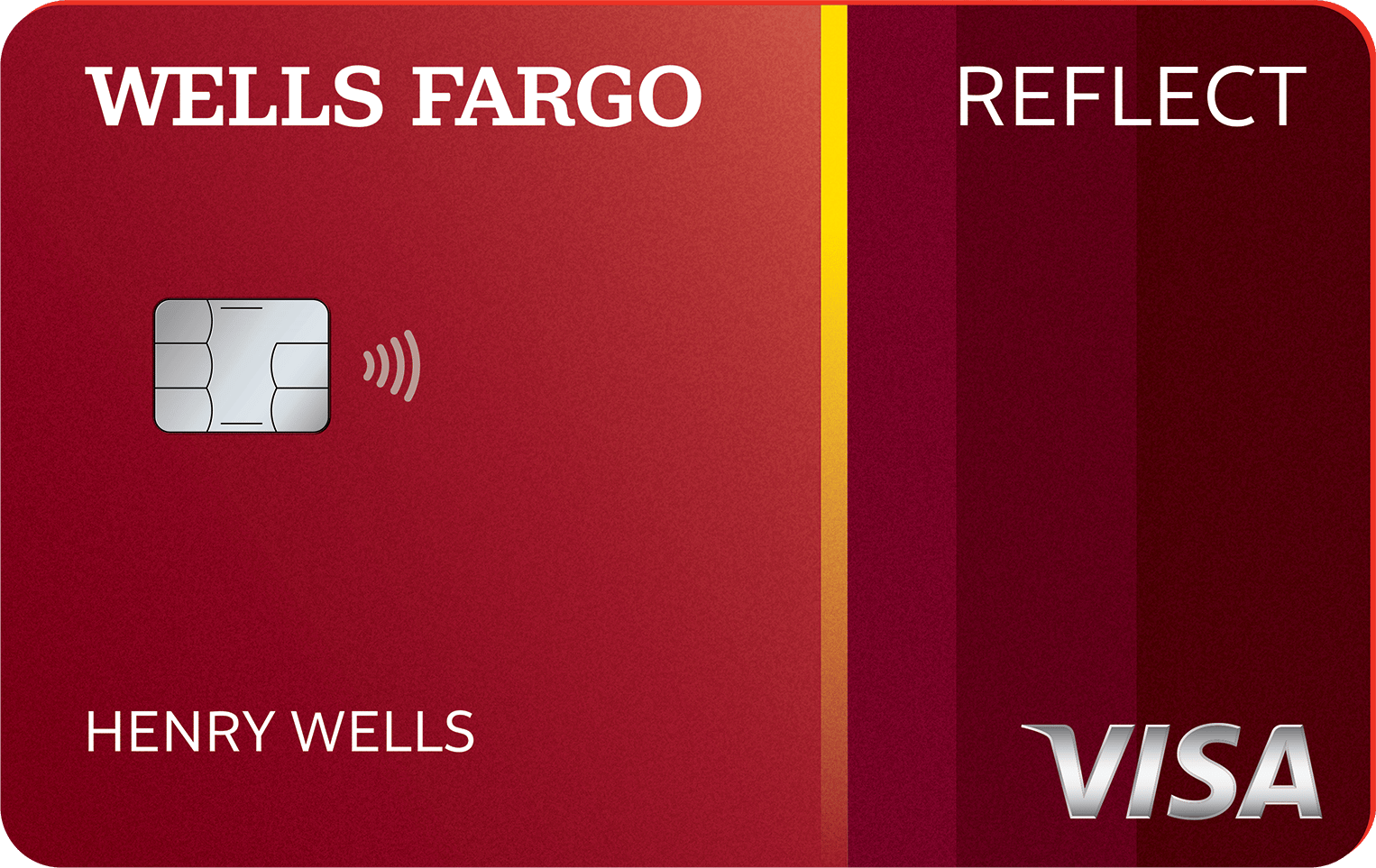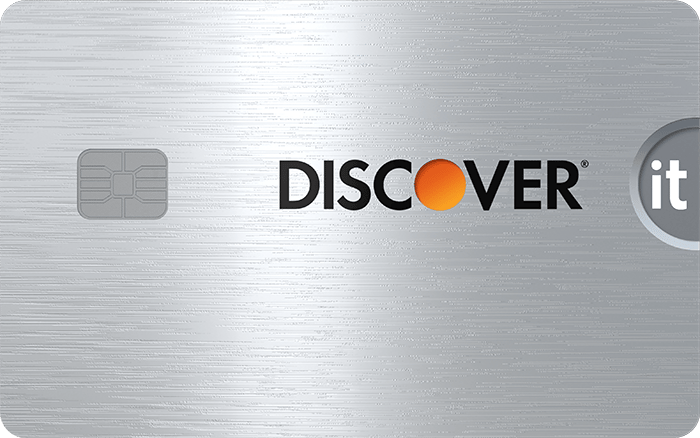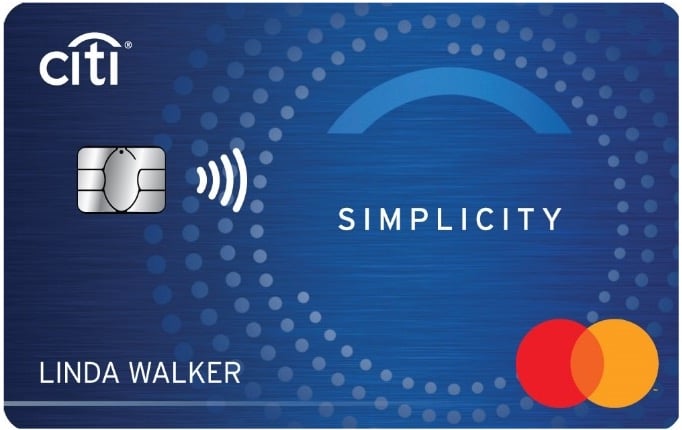Will a Balance Transfer Hurt My Credit Score?
You don't get bonus points (or lose points) just for moving debt. But if you use the transfer as an opportunity to pay down your debt, you can improve your credit.

Many or all of the products on this page are from partners who compensate us when you click to or take an action on their website, but this does not influence our evaluations or ratings. Our opinions are our own.
Thinking about moving high-interest credit card debt to a card with a lower rate — or, better yet, a 0% interest period — by doing a balance transfer? This move can save you hundreds of dollars while making it easier to pay down what you owe.
Balance transfers won't hurt your credit scores directly, but opening a new card account could affect your credit in both good and bad ways.
As the cornerstone of a debt-reduction plan, a balance transfer can be a very smart move in the long-term. Here's what you need to know about how a balance transfer could affect your credit scores.
How a balance transfer could hurt your credit scores
Applying for a new credit card to transfer your balance will result in a hard inquiry on your credit report. A hard inquiry can shave a few points off a score initially. The inquiry will stay on your credit report for up to two years, although the score effect can fade quickly.
Opening a new card also affects the length of credit history. A new card can reduce the average age of your credit, which can knock points off a score. If you have few credit cards, it will have a bigger impact than if you have many.
That said, using a balance transfer to pay down debt and use credit responsibly going forward can mitigate or even cancel out the short term dings in the longer term.
APR: 0% intro APR for 18 billing cycles on purchases and balance transfers, and then the ongoing APR of 16.99%-27.99% Variable APR
Balance transfer fee: Intro fee of 3% of the amount transferred ($5 minimum) within 60 days of account opening. After that, 5% ($5 minimum). This fee may be different if you apply directly via U.S. Bank.
APR: 0% intro APR for 21 months from account opening on purchases and qualifying balance transfers, and then the ongoing APR of 17.49%, 23.99%, or 28.24% Variable APR.
Balance transfer fee: 5% of the amount transferred ($5 minimum).
APR: 0% intro APR on Purchases for 6 months and 0% intro APR on Balance Transfers for 18 months, and then the ongoing APR of 17.49%-26.49% Variable APR.
Balance transfer fee: 3% intro balance transfer fee; up to 5% fee on future balance transfers (see terms).
APR: 0% intro APR on purchases for 12 months and 0% intro APR on balance transfers for 21 months, and then the ongoing APR of 17.49%-28.24% Variable APR.
Balance transfer fee: 3% intro fee (minimum $5) for transfers completed in the first four months. After that, 5% (minimum $5).
» MORE OPTIONS: Best balance transfer credit cards right now
How a balance transfer can help your credit scores
The simple act of performing a balance transfer isn't going to affect your credit scores much, if at all. The key to changing your credit scores is to use the transfer to reduce your debt — both in dollar terms and as a percentage of your available credit. Eliminating debt sends the kind of signals that result in better credit.
Every dollar you don't have to pay in interest is a dollar you can use instead to pay down your debt. That allows you to shrink your debt faster — and shrinking your debt is good for your credit. The amounts you owe account for 30% of your FICO credit score, and the dollar amount of your debt is a factor there. Another factor is your credit utilization ratio, or the percentage of your available credit that you're using.
If you're concerned about your credit scores, a good rule of thumb is to keep your credit utilization ratio below 30% — both on a per-card basis and across all of your cards. Adding a new card with a new line of credit reduces your overall credit utilization.
Let’s say a consumer has two credit cards:
Card A: $5,000 limit with a $2,000 balance
Card B: $3,000 limit with a $1,000 balance
This consumer has a 40% utilization ratio on Card A, a 33% utilization ratio on Card B and an overall utilization ratio of 37.5% ($3,000 divided by $8,000). On each card as well as overall, this consumer’s debt is over the 30% ceiling.
Now say this person gets a balance transfer card (Card C) with a $6,000 limit and moves all the other debt to it. This person now has a utilization of 0% on Card A, 0% on Card B, 50% on Card C and 21% overall.
On the whole, this will look better on the consumer's credit report. And, of course, the transfer has put this person in a position to pay down that $3,000 debt more quickly because of the interest savings.
Terms and conditions apply. Credit products subject to lender approval.

Is a balance transfer a good idea?
A balance transfer should save you money. If it doesn't do at least that much, there's really no point in doing one. Note, though, that you'll likely pay a balance transfer fee to do this, so make sure you factor that into your cost analysis.
For example, let’s say you’re carrying a balance of $10,000 on a card that charges 15% interest, and your goal is to pay it off in the next 12 months. If you just leave the debt on that card while you pay it off, you could expect to pay about $830 in interest. But move it to a card with a 0% APR for 12 months, and interest would cost you nothing.
Keep in mind that most cards charge a balance transfer fee of 3% to 5%. In this example, a 3% fee would cost you $300, so you'd come out $530 ahead.
When you transfer a balance, you are paying off existing debt with a new credit card. Assuming you move the debt to a card with a lower interest rate, it'll cost less money to maintain that debt going forward. That means you can devote more money to paying down the principal on the debt, rather than paying interest.
When thinking in terms of your credit score, it's important to understand what a balance transfer does not do:
It does not reduce the total amount of money you owe. If you owe $5,000 on one card and transfer it to a new card, you still have $5,000 in debt; it's just in a new place. You're also still on the hook for any unpaid interest that accumulated on the account before you transferred the debt. That's part of what you paid off with the new card.
It does not change anything that happened with the old account. The account from which you transferred the debt will remain on your credit report, even if you close it. (Accounts closed in good standing can stay on your report for 10 years; those closed with negative marks can stay for seven years.) If you missed payments on the old account, those missed payments will still show up and will still factor into your credit scores.
Simply put, a balance transfer won't change anything that's already on your credit report. But it sets you up for moves that can improve your credit down the road, plus it can save you money in the near-term.

What's next?
Find the right credit card for you.
Whether you want to pay less interest or earn more rewards, the right card's out there. Just answer a few questions and we'll narrow the search for you.





